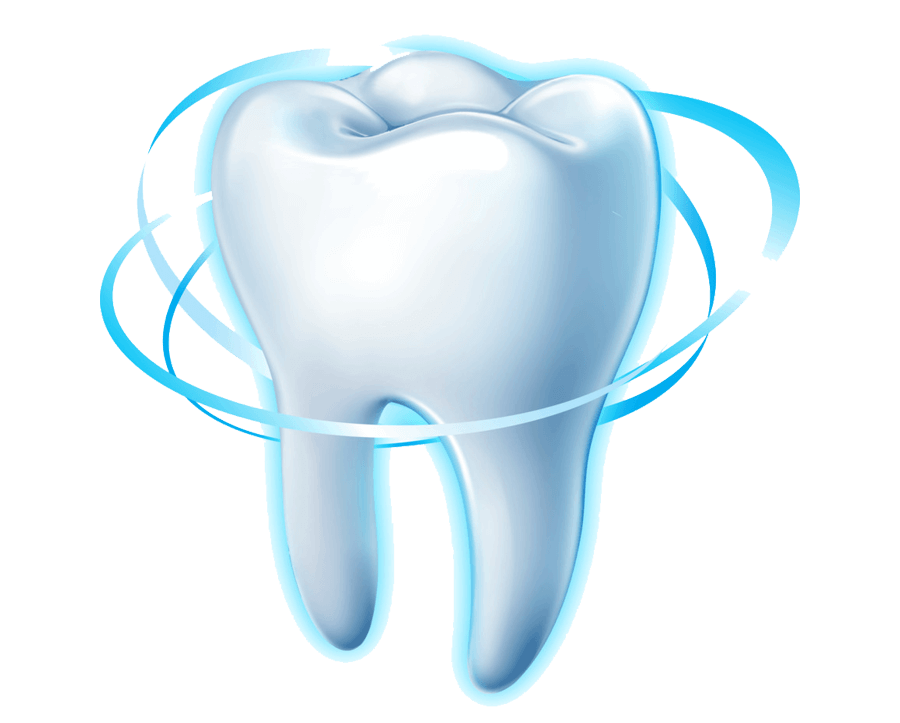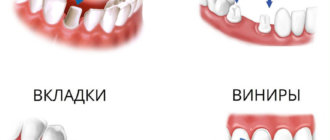Teething is a milestone that every parent eagerly awaits but sometimes dreads. While it means your baby is growing and developing, it also comes with lots of uncomfortable symptoms — from fussiness and drooling to sleepless nights. If you are searching for *teething remedies that work*, you’re not alone. Many parents find themselves turning to a variety of approaches to calm their child’s discomfort. The good news is there are proven remedies that can provide relief for your little one’s sore gums. In this comprehensive guide, we’ll explore effective, safe, and natural teething remedies that work. You’ll gain insights into what to try, what to avoid, and how to help your baby through this challenging phase.
Содержание
- 1 Understanding Teething: Why It’s So Uncomfortable
- 2 Common Signs Your Baby is Teething
- 3 Proven Teething Remedies That Work
- 4 Avoid These Common but Ineffective or Unsafe Remedies
- 5 Tips for Comforting a Teething Baby Throughout the Day
- 6 When to Call the Doctor
- 7 Summary Table: Quick Reference of Teething Remedies That Work
- 8 Additional Tips for Teething Parents
- 9 Conclusion
Understanding Teething: Why It’s So Uncomfortable
Before diving into the best *teething remedies that work*, it’s important to understand why teething causes such discomfort. Teeth begin forming in the womb but usually start to emerge around 4 to 7 months of age. For some babies, teeth can even pop through as early as 3 months or as late as 12 months. As a baby’s teeth push through the gum line, the gums become swollen, inflamed, and sometimes tender, which causes pain.
During this phase, babies often display a range of symptoms: increased drooling, irritability, chewing on anything they can get their hands on, mild fever, and trouble sleeping. While the intensity of symptoms varies from baby to baby, teething is undeniably a difficult experience. Parents search for *teething remedies that work* with the hope of easing this phase. It’s a moment to turn empathy into action: relieving your child’s discomfort uses understanding, patience, and proven approaches.
Common Signs Your Baby is Teething
Recognizing when your baby is teething makes it easier to know when to try different remedies. Here are some common signs you should watch for:
- Excessive drooling
- Chewing and gnawing on toys, fingers, or other objects
- Swollen, tender gums
- Fussiness and irritability
- Difficulty sleeping
- Mild increase in temperature (not a high fever)
- Loss of appetite
- Rubbing ears or cheeks
These symptoms can vary in intensity and duration. Knowing these signs helps you prepare the best course of action and narrow down *teething remedies that work* without overwhelming yourself with options.
Proven Teething Remedies That Work
There are a multitude of teething remedies available, but not all are equally effective or safe. Let’s break down some of the best *teething remedies that work* and how to use them:
1. Teething Rings and Toys
A classic and popular approach is to give your baby a teething ring or toy. These are specifically designed for babies to bite on, soothing irritated gums. Many teething rings can be chilled in the refrigerator, providing a cool surface that reduces inflammation.
When choosing teething toys, look for:
- BPA-free, non-toxic materials
- Different textures – soft and hard surfaces to massage and soothe gums
- Easy-to-clean designs
Some parents swear by teething necklaces or bracelets designed for them to wear, but it’s important to use these cautiously, only under direct supervision, to avoid choking hazards.
2. Cold Compresses
Cold helps reduce swelling and numb pain, making it one of the most reliable *teething remedies that work*. For this, you can try:
- Chilled (not frozen) teething rings
- A cold, damp washcloth for your baby to chew on
- A cold spoon gently rubbed on the gums
Cold compresses ease inflammation and give babies something safe to chew on, alleviating discomfort in minutes.
3. Gum Massage
Gently massaging your baby’s gums with a clean finger can provide direct comfort. Using circular motions, apply light pressure to the inflamed areas. This provides counter-pressure to the erupting teeth and can distract babies from the pain.
4. Over-The-Counter Pain Relievers
Sometimes the pain is intense, and teething remedies that work naturally aren’t enough. Infant acetaminophen or ibuprofen can be used for short-term relief, but only under pediatrician guidance. Dosage and timing are critical to keep your baby safe.
Avoid topical gels or creams that contain benzocaine or lidocaine, as these have been linked with serious side effects and are generally not recommended by health experts.
5. Breastfeeding or Bottle Feeding
Sucking and the comforting rhythm of feeding help soothe a fussy baby. Many babies calm down when nursing because it provides warmth, closeness, and relief for sore gums.
6. Chamomile Tea and Natural Remedies
Some parents turn to natural remedies like chamomile, known for its mild sedative and anti-inflammatory properties. A very weak, cooled chamomile tea can be offered in small amounts or used to gently rub on baby’s gums. Always consult your pediatrician before trying herbal remedies.
Avoid These Common but Ineffective or Unsafe Remedies

While many parents look for quick fixes, some *teething remedies that work* are actually dangerous or ineffective:
| Common Remedy | Concern / Reason to Avoid |
|---|---|
| Teething tablets or gels containing benzocaine | Risk of methemoglobinemia, a rare but serious blood condition |
| Amber necklaces or teething necklaces | Choking and strangulation hazard |
| Hard foods like carrot sticks or frozen fruit pieces | Choking risk for babies under 12 months |
| Alcohol-based remedies | Unsafe for babies and toxic |
Always prioritize your baby’s safety and consult your pediatrician before trying anything new.
Tips for Comforting a Teething Baby Throughout the Day
Aside from specific treatments, making your baby comfortable throughout the day helps them feel less overwhelmed. Here are some simple tips for parents looking for effective *teething remedies that work*:
- Keep a clean and dry drool cloth handy to prevent skin irritation.
- Use a soft bib to absorb extra saliva.
- Maintain a gentle routine to soothe crankiness. This includes rocking, singing, and cuddling.
- Offer teething toys regularly, especially when fussy.
- Ensure they get enough sleep, as rest aids healing and calming.
Understanding your baby’s mood and offering comfort makes a huge difference in easing the teething process.
When to Call the Doctor
While teething is uncomfortable, it should not cause high fever, diarrhea, or severe symptoms. If you observe any of the following, consult your pediatrician immediately:
- High fever (over 101°F or 38.3°C)
- Persistent diarrhea or vomiting
- Signs of infection such as pus-filled gums or swelling beyond gums
- Difficulty breathing or swallowing
- Excessive fussiness or lethargy
Your doctor can rule out other illnesses or provide advice on appropriate treatments.
Summary Table: Quick Reference of Teething Remedies That Work

| Remedy | How it Works | Safety Considerations |
|---|---|---|
| Chilled Teething Rings | Reduces gum inflammation and soothes pain | Use safe, BPA-free rings; avoid freezing |
| Cold Washcloth | Provides cold pressure and texture for chewing | Ensure clean and never frozen |
| Gum Massage | Applies pressure to reduce pain | Use clean fingers and gentle pressure |
| Infant Ibuprofen or Acetaminophen | Temporarily relieves pain and fever | Follow dosage instructions, consult doctor |
| Breastfeeding | Comforts and soothes through sucking | Generally safe and beneficial |
| Chamomile (Consult Doctor) | Mild anti-inflammatory and calming effects | Check for allergies, use sparingly |
Additional Tips for Teething Parents

To successfully navigate the teething stage, consider these practical tips:
- Start introducing teething toys before the first tooth appears to get your baby used to chewing.
- Maintain good oral hygiene from the start — wiping gums gently with a clean cloth.
- Stay patient; teething discomfort usually lasts for a few days per tooth.
- Document which remedies your baby responds to best for future reference.
- Create a calm environment during fussy periods — dim lights and quiet sounds.
Your loving attention combined with the right *teething remedies that work* will help your baby breeze through this important stage.
Conclusion
Teething is a universal yet challenging experience for babies and parents alike. While no remedy can completely eliminate the discomfort, a combination of safe and effective *teething remedies that work* can significantly ease the pain and irritability. Cooling teething rings, cold compresses, gentle gum massages, and, when necessary, pain relievers prescribed by your pediatrician, are time-tested strategies proven to help. Natural options like chamomile, alongside soothing feeding and comforting routines, completes the spectrum of relief. Importantly, safety comes first: avoid harmful products and always monitor your baby’s health closely. By understanding the teething process, employing practical remedies, and showing consistent care, you’ll help your baby through this tough but temporary phase — turning tears into smiles, one tooth at a time.




